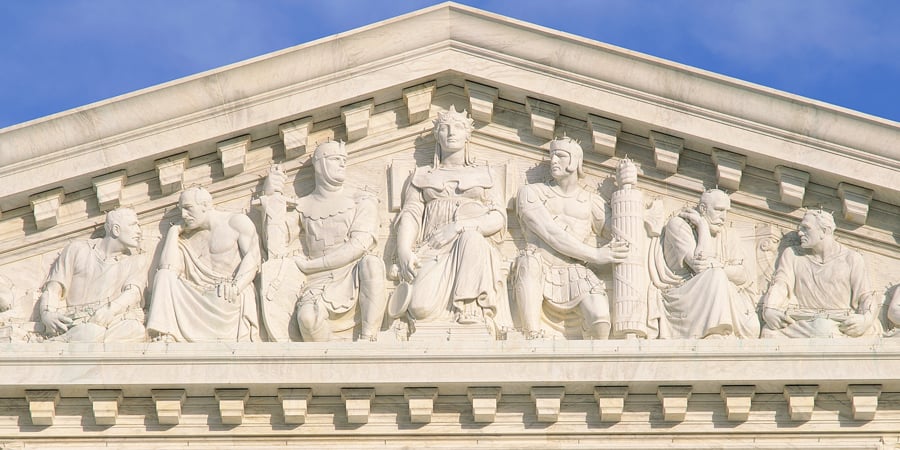The Supreme Court of the United States issued three decisions today:
Wisconsin Bell, Inc. v. United States, ex rel. Heath, No. 23-1127: This case considers whether reimbursement requests submitted to the Federal Communications Commission’s E-Rate program are “claims” under the False Claims Act (“FCA”). Under the E-Rate program, telecommunications carriers pay into a fund used to subsidize internet and other telecommunications services for schools and libraries across the country. The funds are payable to a carrier or school upon receipt of a reimbursement request. An auditor of telecommunications bills claimed that carrier Wisconsin Bell defrauded the E-Rate program out of millions of dollars by charging schools a higher full price than other similarly situated customers, which lead to overpayments from the fund in violation of the FCA. In a unanimous decision authored by Justice Kagan, the Court held that E-Rate reimbursement requests are “claims” under the FCA. In relevant part, a request for money qualifies as a “claim” under the FCA if the Government “provides or has provided any portion of the money … requested.” Here, the Government provided, at minimum, a portion of the money requested by transferring more than $100 million from the Treasury into the fund and generated that money by extracting it from carriers and by prosecuting wrongdoing in the E-Rate program. Justice Thomas (joined by Justice Kavanaugh, and Justice Alito in part) and Justice Kavanaugh (joined by Justice Thomas) filed concurring opinions.
View the Court's decision.
Williams v. Reed, No. 23-191: This case concerns the applicability of state law exhaustion requirements to claims asserted under 42 U.S.C. § 1983, the federal civil rights law. Nancy Williams and other unemployed workers sued the Alabama Department of Labor in Alabama state court, alleging that delays in the processing of their unemployment benefits violated their due process rights. The state court dismissed the lawsuit because the plaintiffs failed to satisfy a strict state law administrative exhaustion requirement. In a 5-4 decision authored by Justice Kavanaugh, the Court reversed and determined that the state exhaustion process here “created a catch-22” requiring litigants to first complete the administrative process that they allege was improperly delayed in order to obtain a court order to end the delay. The Court held that where “a state court’s application of a state exhaustion requirement in effect immunizes state officials from § 1983 claims,” the claims cannot be dismissed on failure-to-exhaust grounds. Justice Thomas authored a dissent, which was joined in part by Justices Alito, Gorsuch, and Barrett.
View the Court's decision.
Republic of Hungary v. Simon, No. 23-867: This case addresses the expropriation exception to the Foreign Sovereign Immunities Act of 1976 (“FSIA”). While the FSIA generally bars lawsuits in United States courts against foreign sovereigns and their agencies, there is an exception if property expropriated by foreign sovereigns, or any property exchanged for the expropriated property, has a commercial nexus to the United States. 28 U.S.C. § 1605(a)(3). Jewish survivors of the Hungarian Holocaust and their heirs sought to leverage the expropriation exception by alleging that the Hungarian government comingled proceeds from expropriated property and decades later used the comingled funds in connection with commercial activity in the United States. In a unanimous decision authored by Justice Sotomayor, the Court concluded that based on the FSIA’s structure, history, and purpose, alleging comingling alone does not satisfy the expropriation exception’s commercial nexus requirement.
View the Court's decision.


